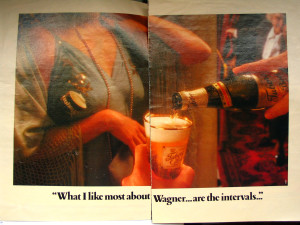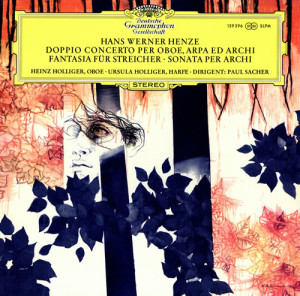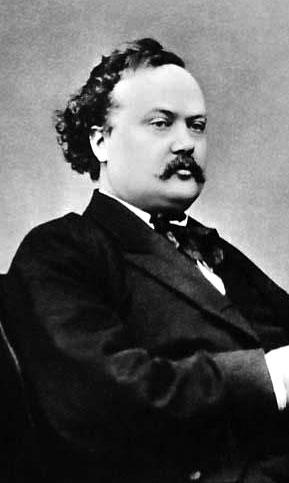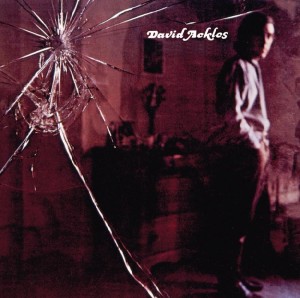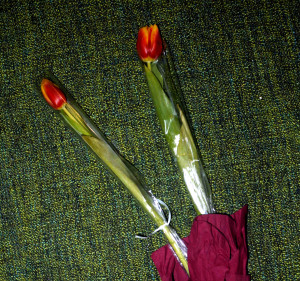Dear reader
Thus is the first time I have addressed Your Readership in that manner. Intentionally I have tried not to really address anybody here. Today I will do exactly that.
For there are two of us, me the writer and you the reader. And so, what are we doing here, you and me?
Let me start with myself, and try to be really honest. (As I just wrote in another text, I think honesty is the real “talent” (unit of weigth) of Man, on a much higher level than “truth”, which is often just a convenient excuse to get in a fight, verbal or actual, intellectual or bloody.)
Why am I here, writing? What am I doing?
I now realize that I am basically writing columns. I have been working for many years as a columnist and this has almost become second nature, definitely a habit, with me. Possibly a bad habit.
And even if it is good, why on Earth am I writing free columns on the Net? Trying to prove something, am I?
The answer, as usual, has several facets. It is important for me to formulate myself. To form sentences and build logical/ poetical palaces is a vital need, even stronger than playing or composing music.
— However, that can be done writing regular books. Why do it on the Net?
Instant reaction and appreciation is part of the answer.
That would be logical if there WAS reaction and appreciation. When there isn´t another part of the motive needs to be looked at:
Writing here is way to survive, to get through a difficult patch in life. It helps me to feel alive and at least verbally kicking. So there is a therapeutic motive, probably somewhat narcissistic as well.

So much about me. Now what about you? Why are you here? What are YOU doing here? Let´s have a little soul-searching, shall we.
I know that rather few people are reading my texts. There´s a good chance that you and I know each other, maybe even intimately. This leads to some questions to the unknown, as well as well known, visitors of this page:
Why are you so seldom making your voice heard? I´ve had perhaps 2-3 real comments here, but most visitors leave without leaving a visiting card.
I understand that one needs special motives for writing a comment; I seldom do that myself.
However, you could also write me an email? That might feel like an even more dramatic step than leaving a comment. But way back, around -96 when I launched my first “home page” I got lots and lots of mail from interesting, happy and angry, strangers. Today, 20 years later, I hardly ever see mail from strangers. (Instead lots and lots of strange spam.)
The roles have changed. You, the reader was not so long ago sitting, figuratively, in the same coffee house as I. You sometimes came over to my table to discuss this or that, or maybe suggest that I “remove my shit from the Internet”.
Here is one memorable e-mail from that happy time.
Date: Wed, 11 Jun 1997 14:14:51 -0500
From: stuart@mcs.com
To: horatius@common.se
Subject: your webpage
It sucks!
Believe it or not, that mail made me glad; somebody actually took the small trouble to tell me that my webpage sucked!
Talking of which I will tell you, dear reader, how I nowadays see our relationship.
Not as a two people sitting in a coffee house making small talk. No, I feel like a stripper in a cheap porno joint, dancing behind a glass wall where you can see me, but I can only imagine you. You leave a small trace behind, enough for the statistics to pick up, but not for me to understand. What you see, think, understand and feel, not to mention who you are, remain mysteries.
I am kind of stuck with my question: Why, if you know me (and even if you don´t!) aren´t you having a conversation with me? In this our brave new communication society of ours.
Why don´t you open the glass wall, stop being an invisible observer and rise to the level of participator, thereby also raising my status from a Thing Clinically Observed to interligent interlocutor?
How far will we let voyeurism go? You could say that exhibitionism, of which I perhaps could be accused, invites voyeurism. No, it can just as well invite discussion, conversation, dialogue, simply sitting down for a glass of IRL wine. “Hey, tell me your reasons for letting it all hang out, will you…?”
Voyeurism does not need exhibitionism, it can observe and distance itself from most anything. Exhibitionism is an outstretched hand (as in The Who´s Tommy; “See me, feel me, touch me”) while voyeurism is the hand that says No-no, let´s do this in a hygienic way.
So tell me. I am listening to you.

